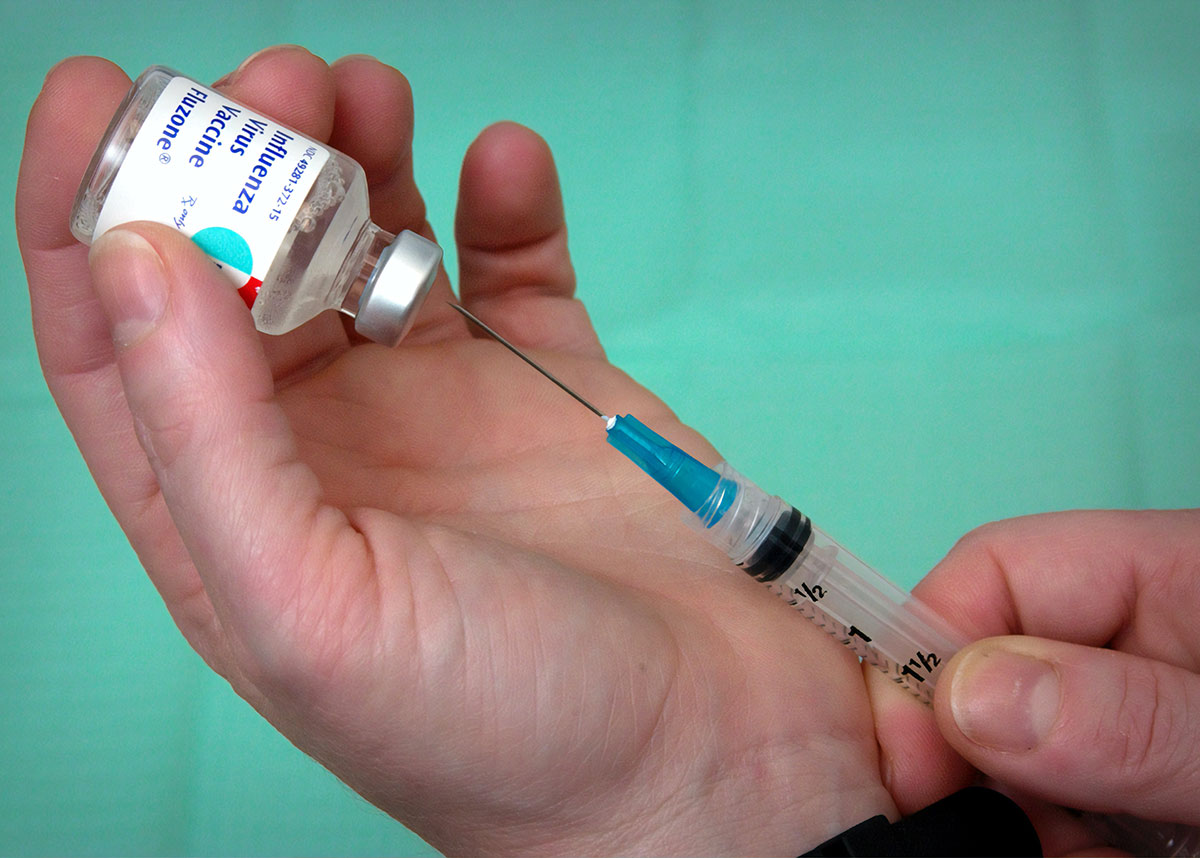The COVID-19 Pandemic: Vaccination and therapeutics to the rescue, but when?
Oct 19, 2020
Another worrisome week: the pandemic is surging across the United States and Europe; the Johnson and Johnson vaccine trial was halted because of a possible adverse event in a participant; Eli Lilly’s trial of a monoclonal antibody therapy was paused because of safety concerns; and remdesivir was found to be ineffective in the large WHO Solidarity Trial, contrasting with findings from the NIH ACCT-1 Trial. With “COVID-19 fatigue” mounting, many worry, including myself, that non-pharmaceutical interventions are having less impact over time as adherence wanes. A vaccine is the path to achieving herd immunity and effective therapeutics could reduce the extraordinary burden of morbidity and premature mortality that COVID-19 is causing. We are still waiting for both.
While there is uncertainty about the benefit of remdesivir and evidence for the efficacy of monoclonal antibody therapies is still lacking, outcomes have improved for those hospitalized with COVID-19, reflecting improving clinical care, use of dexamethasone, and perhaps anticoagulants. In the more recent months of the pandemic in Colorado, we have found shorter hospital stays and fewer patients needing an intensive care unit. I anticipate further therapeutic gains, but doubt that we will find curative agents, equivalent to antibiotics for bacteria.
While we await efficacious vaccines, planning is underway for how to implement vaccination programs. A recent, thoughtful report from the National Academies of Science, Engineering, and Medicine explores how to equitably allocate vaccines for the SARS-CoV-2 virus. I recommend the report for an appreciation of the complexities of implementing vaccination programs as seen through the multiple relevant lenses. The report’s framework appropriately assumes that there will be insufficient vaccine for all at the start and offers a four-tiered structure that begins with coverage of about 5% of the population and ends at the fourth tier with vaccination of those at lowest risk.
Friday, Colorado announced its approach for vaccination allocation with a similar framing, setting out three phases in priority order: first, healthcare workers, first responders, and those at greatest risk, e.g., residents of long-term care facilities; second, essential workers and those at higher risk, e.g., with conditions increasing risk for more severe COVID-19 and 65 years and older; and third, all others considered at lower risk.
There are many steps from developing an effective vaccine to achieving a sufficient level of vaccination for herd immunity. One critical step is assuring that the public will accept vaccination in sufficient numbers to achieve herd immunity. Current data on vaccine acceptance are worrisome. The most recent results from the MIT COVID-19 Survey show that only 45% of respondents expressed a willingness to receive a vaccine when available. The remainder were split between not choosing the vaccine or don’t know. In the New England Journal of Medicine, Barry Bloom and colleagues emphasize the need to achieve trust. Quoting: “We will have a safe and effective Covid-19 vaccine when the research studies, engagement processes, communication, and education efforts undertaken during the clinical trial stage have built trust and result in vaccination recommendations being understood, supported, and accepted by the vast majority of the public, priority and nonpriority groups alike.” In Colorado, the non-profit, Immunize Colorado, has the mission of protecting “Colorado families, schools and communities from vaccine-preventable diseases.” Work from this and many other organizations will be needed to achieve the trust called for by Bloom and colleagues.
Trust in vaccines still suffers from the falsely claimed link between the measles, mumps, and rubella (MMR) vaccine and autism made by Andrew Wakefield in 1998. Although Wakefield’s work has long been discredited, the purported association of vaccines with autism remains a rallying point of evidence for those opposed to vaccination. I am finishing a detailed account of the Wakefield scandal and its consequences authored by reporter Brian Deer. The book’s title, The Doctor Who Fooled the World—Science, Deception, and the War on Vaccines, signals the contents. Previously, Deer had fully outed Wakefield in a series of articles in the British Medical Journal. The Wakefield scandal and its consequences for vaccination worldwide exemplify the rejection of science to the detriment of public health.
While waiting for an effective vaccine for SARS-CoV-2, get your flu shot and wear your mask, now mandatory in public places and while outside in Denver.



